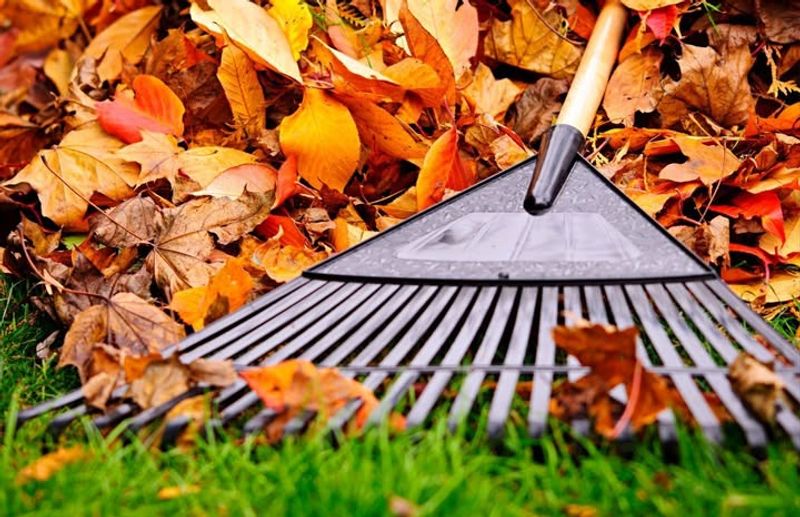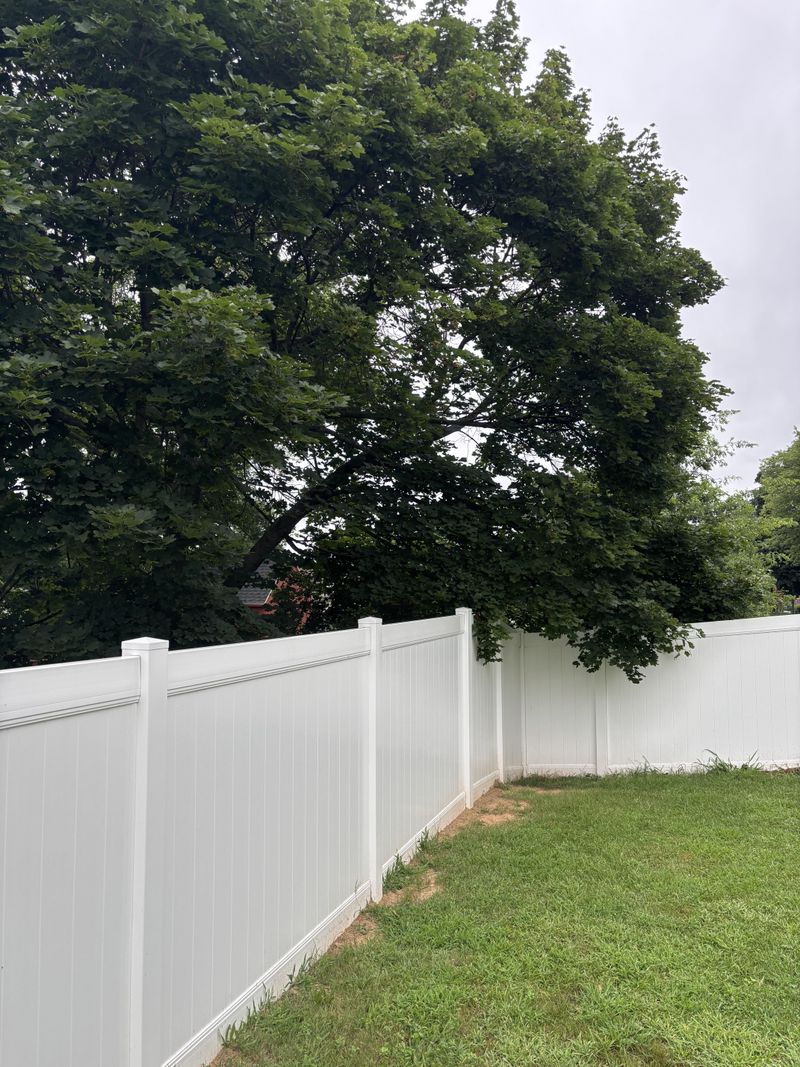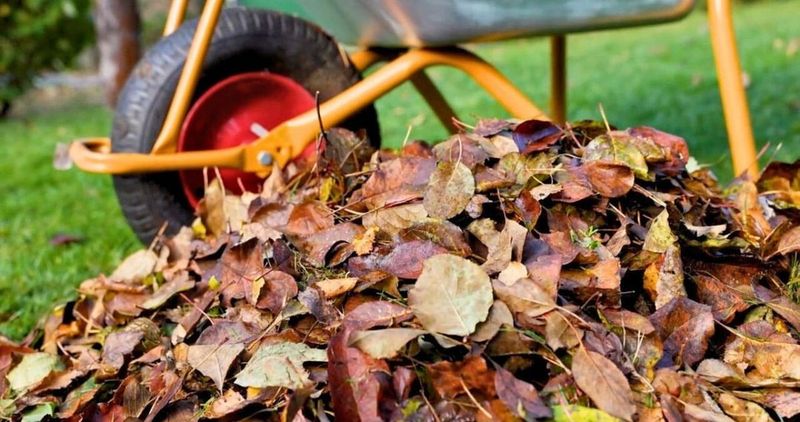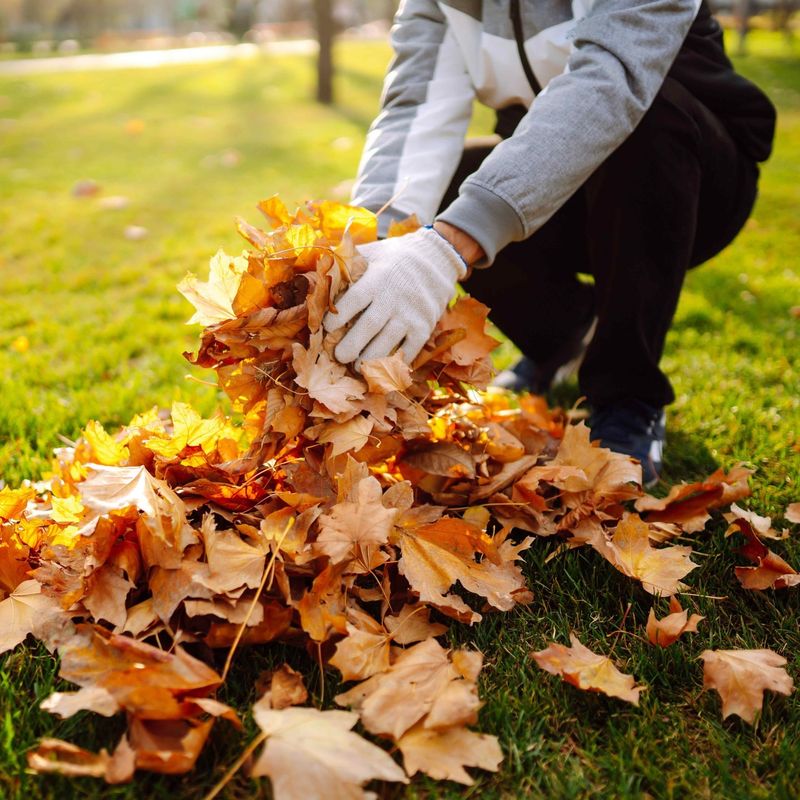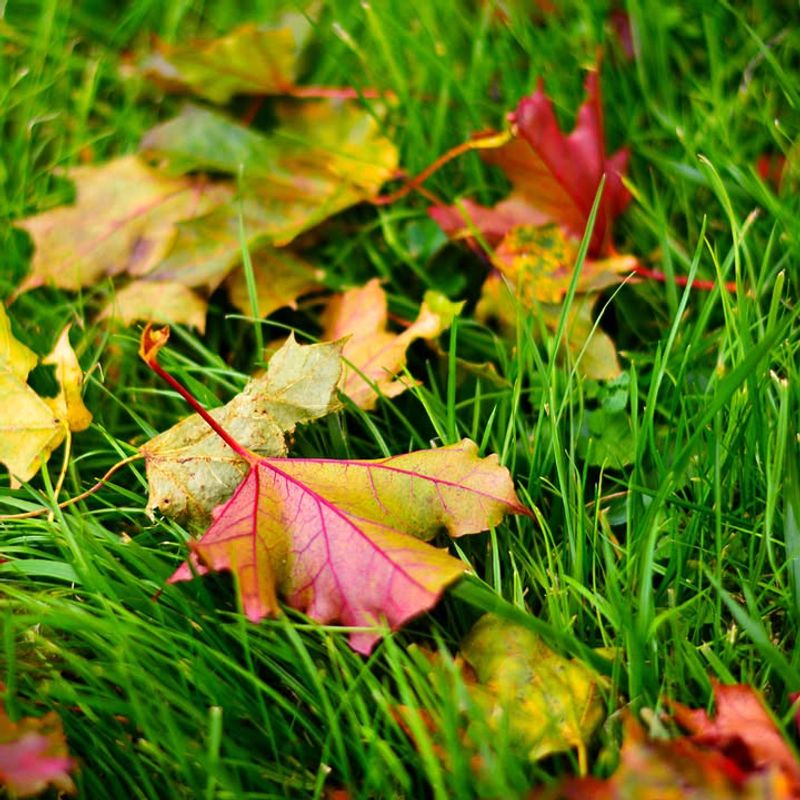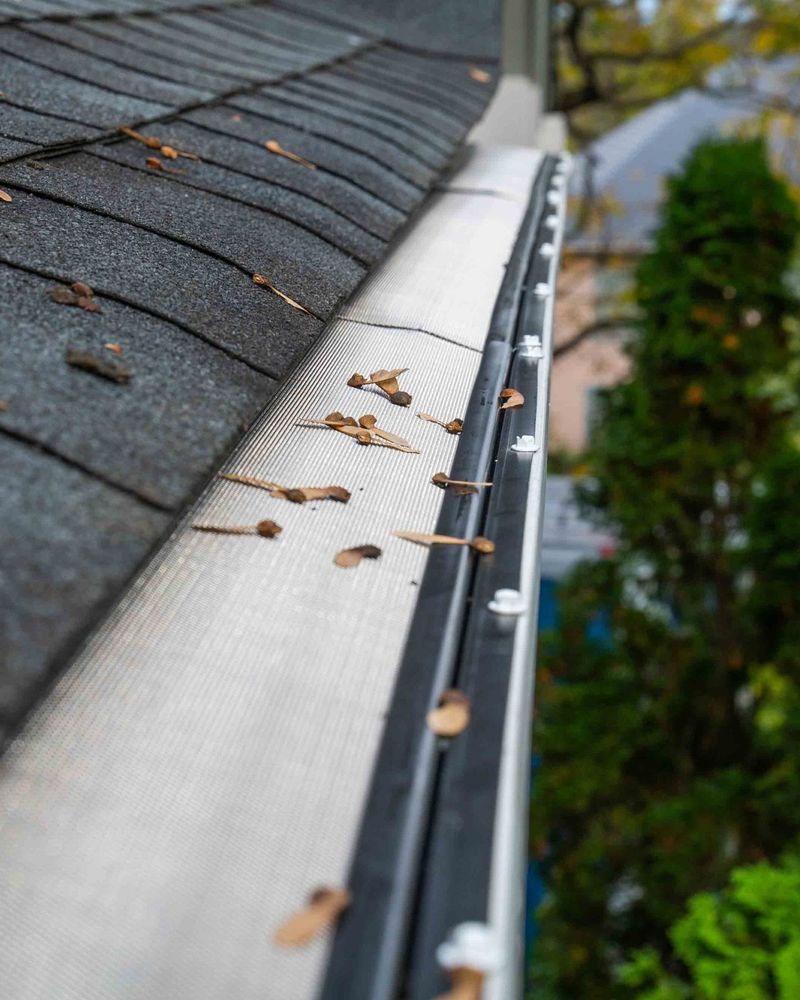Fall in Iowa brings cooler air, vibrant color—and leaves that don’t respect property lines. If your neighbor’s tree dumps a golden mess all over your lawn, you might be wondering: who’s on rake duty?
While it may seem unfair, the law is surprisingly clear about who’s responsible for cleanup. Before you spark a leafy feud, here’s what Iowa homeowners need to know.
1. Property Owners Are Responsible For Their Own Land
Once leaves land on your property, they become your responsibility, even if they came from a neighbor’s tree. Iowa law follows the principle that property owners must maintain their own land.
This means you can’t force your neighbor to come rake leaves that fell from their tree onto your yard. While it might seem unfair, especially if their large oak tree drops tons of leaves every fall, the law sees it as a natural occurrence.
Regular maintenance keeps your lawn healthy and prevents issues like mold or pest problems that can develop under thick leaf piles.
2. Branches Hanging Over The Property Line Are Different
If your neighbor’s tree branches hang over your Iowa property line, you actually have the right to trim them back to the boundary. However, you cannot go onto their Iowa property or damage the tree itself.
Many people don’t realize this distinction between falling leaves and overhanging branches. Trimming branches might reduce the number of leaves that fall on your side in the first place.
Always check local ordinances before cutting anything, and consider talking to your neighbor first to maintain good relations and possibly share trimming costs together.
3. Communication Often Solves The Problem Best
Before getting upset or researching legal options, try having a friendly chat with your Iowa neighbor about the leaf situation. Most people are reasonable and might not even realize their tree is causing you extra work.
Your neighbor might be willing to help rake or even split the cost of a yard service during fall months. Building good relationships with neighbors creates a more pleasant living environment for everyone involved.
Approaching the situation with kindness rather than anger usually leads to better outcomes and preserves neighborhood harmony for years to come.
4. Nuisance Laws Have Specific Requirements
In rare cases, a neighbor’s tree might qualify as a legal nuisance, but this requires meeting specific conditions under Iowa law. The tree would need to cause substantial and unreasonable interference with your property use.
Simply having extra leaves to rake typically doesn’t meet this high standard. Courts generally consider falling leaves a normal part of living near trees.
If the tree is diseased, dropping excessive debris, or causing actual property damage like roof problems or foundation issues, you might have a stronger case worth discussing with a lawyer.
5. Document Everything If Issues Escalate
Should your neighbor’s tree cause serious ongoing problems, start keeping detailed records with photos, dates, and descriptions of the issues. Documentation becomes crucial if you ever need to pursue legal action or file an insurance claim.
Take pictures showing how much debris accumulates, any damage to gutters or roofing, and the tree’s condition over time. Save any written communication with your Iowa neighbor about the situation.
This evidence helps establish patterns and proves the severity of problems if you eventually need to involve local authorities or seek legal remedies through the court system.
6. Prevention And Maintenance Save Time And Money
Rather than fighting over who should clean up leaves, invest in preventive measures that make fall cleanup easier for everyone. Gutter guards prevent clogged downspouts, and regular raking stops leaves from matting down and killing your grass.
Mulching mowers chop leaves into tiny pieces that actually benefit your lawn by adding nutrients back into the soil. Some Iowa homeowners even use leaf blowers to redirect leaves into garden beds where they provide natural mulch.
Taking a proactive approach reduces frustration and turns a potential neighborhood conflict into a manageable seasonal chore that protects your property value.


